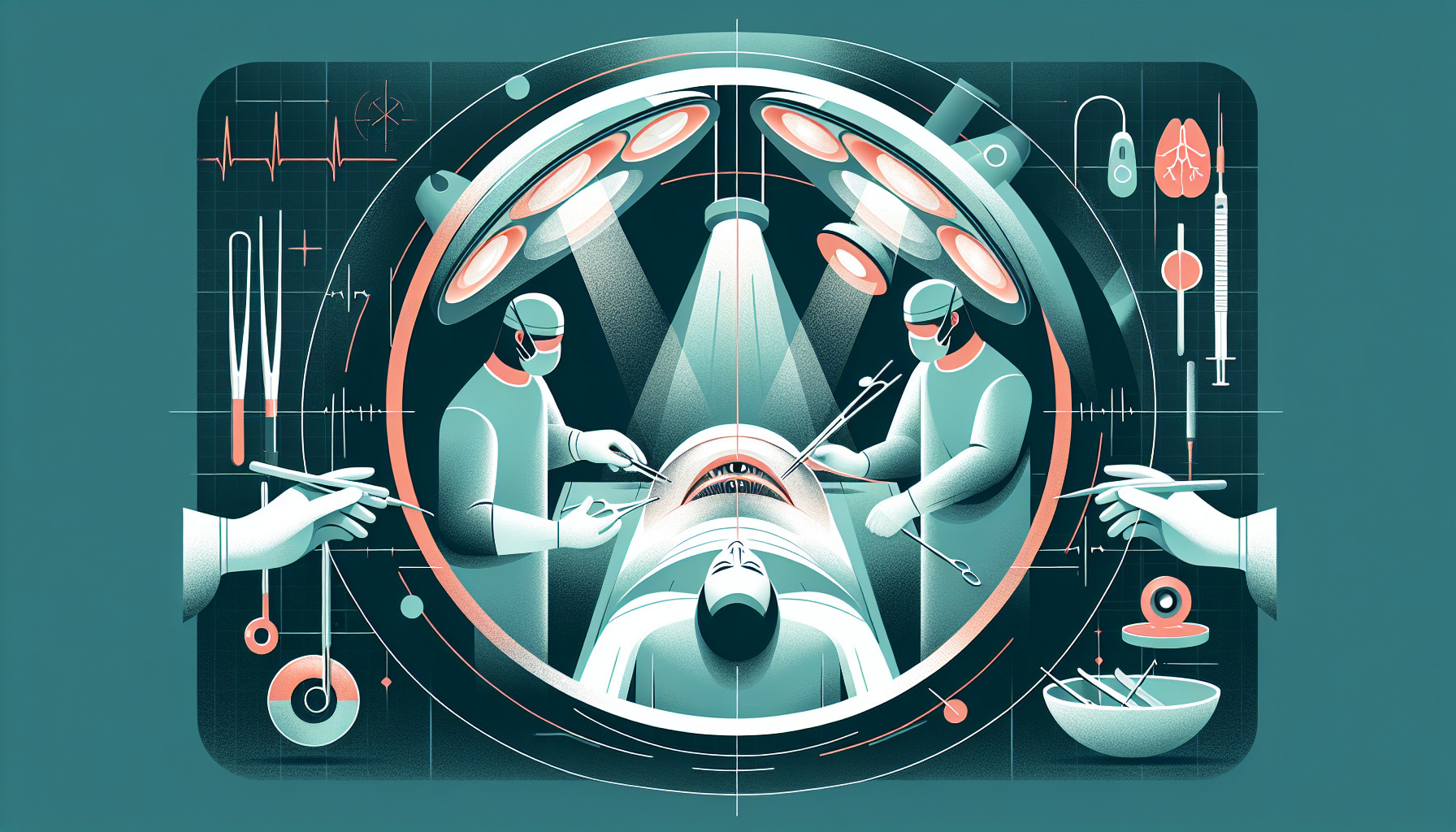Our Summary
This research paper discusses age-related macular degeneration (AMD), a common cause of vision loss. It focuses on the issues that arise when people with AMD also develop cataracts - a clouding of the eye’s natural lens. Treating cataracts in people with AMD is complicated because it’s hard to know the best time for surgery, how beneficial the surgery will be, and how the surgery might impact the progression of AMD.
The research reviews different treatments for cataracts in people with AMD. Right now, traditional cataract surgery is the primary treatment. However, new devices have been designed for the unique needs of people with both AMD and cataracts. The paper explores the potential pros and cons of these traditional and new treatments. The goal is to help doctors choose the best treatment plan for their patients with AMD and cataracts.
FAQs
- What is the connection between age-related macular degeneration (AMD) and cataract development?
- What are the potential benefits and risks of traditional cataract surgery for patients with AMD?
- What are some of the newer devices developed for addressing the specific needs of AMD patients with cataract?
Doctor’s Tip
One helpful tip a doctor might tell a patient about cataract surgery is to follow all pre-operative instructions carefully, such as avoiding eating or drinking anything after midnight the night before surgery. This can help ensure a successful procedure and minimize any potential complications. Additionally, it is important for patients to discuss any concerns or questions they may have with their doctor before the surgery to ensure they are well-informed and prepared for the procedure.
Suitable For
Patients who are typically recommended cataract surgery include those with age-related cataracts that are causing significant visual impairment or affecting daily activities. Additionally, patients with other eye conditions such as age-related macular degeneration (AMD) may also be recommended for cataract surgery if the cataract is exacerbating their visual impairment. In these cases, the timing and approach to cataract surgery may need to be carefully considered in order to optimize visual outcomes and minimize potential risks associated with surgery.
Timeline
Before cataract surgery:
- Patient experiences symptoms of cataracts such as blurry vision, glare, and difficulty seeing at night
- Patient undergoes a comprehensive eye exam to determine the severity of the cataract and assess overall eye health
- Patient discusses surgical options with their ophthalmologist and decides on a treatment plan
- Patient may undergo preoperative testing to ensure they are a good candidate for surgery
- Patient may need to stop taking certain medications before surgery
After cataract surgery:
- Patient undergoes the surgical procedure, which usually takes less than 30 minutes and is done on an outpatient basis
- Patient may experience temporary discomfort and blurred vision immediately after surgery
- Patient will be given specific postoperative instructions, including how to care for their eye and when to follow up with their ophthalmologist
- Patient may need to use eye drops to prevent infection and promote healing
- Patient’s vision gradually improves over the following days and weeks as the eye heals
- Patient may need to wear glasses or contact lenses to achieve optimal vision after surgery
- Patient follows up with their ophthalmologist for regular check-ups to monitor their eye health and vision.
What to Ask Your Doctor
- What is the success rate of cataract surgery in patients with AMD?
- How will cataract surgery affect my AMD condition?
- Are there any specific risks or complications associated with cataract surgery for AMD patients?
- Will I need any additional treatments, such as intraocular injections, before or after cataract surgery?
- How soon after cataract surgery can I resume my AMD treatment regimen?
- Will cataract surgery improve my vision and quality of life with AMD?
- Are there any specific intraocular lens options that are recommended for AMD patients undergoing cataract surgery?
- How long can I expect the benefits of cataract surgery to last in the context of my AMD condition?
- Are there any lifestyle changes or precautions I should take post-surgery to protect my vision and prevent AMD progression?
- What is the timeline for scheduling and recovering from cataract surgery in the context of my AMD diagnosis?
Reference
Authors: Teh BL, Megaw R, Borooah S, Dhillon B. Journal: Surv Ophthalmol. 2017 May-Jun;62(3):346-356. doi: 10.1016/j.survophthal.2016.12.003. Epub 2016 Dec 22. PMID: 28012877
